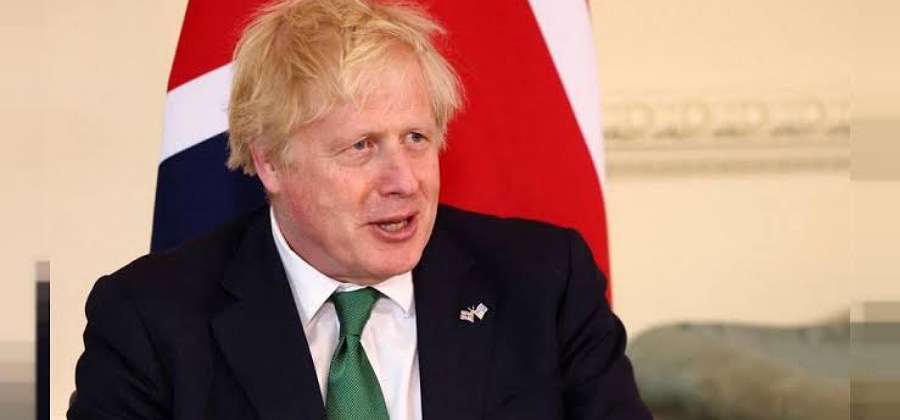As the winter season draws near, governments are concerned that it could usher in a widespread increase in coronavirus infections. As a result, the British government in a bid to “prepare for the worst” has announced a rollout of the third dose of the covid-19 vaccine from next week.
About 30 million people will be eligible including people aged over 50 years old, people with underlying health conditions, and health workers.
The government has said that by using boosters, a high level of immunity amongst the most vulnerable people can be maintained. Officials say Britain’s vaccine drive has reduced hospital admissions and helped avoid lockdowns.
Prime Minister, Boris Johnson stated in his public address that “The result of the vaccination campaign is that we have one of the freest societies and the most open economies in Europe and that’s why we are not sticking with our strategy. We will continue to offer to test and urge everyone to be sensible and responsible.”
He further urged citizens to be responsible with hygiene, washing hands, and using face coverings in crowded spaces. The Prime Minister also said that there are plans to re-introduce restrictions if the pressure on hospitals becomes acute.
Despite the move by the UK government, the WHO has advised that a third vaccine dose is not needed at this time as the vaccine’s effectiveness against mild diseases may wane over time, while protection over more severe diseases may remain. The health organisation further said booster shots may eventually be needed for the general population if the vaccine-induced immunity wanes further.
Speaking to Aljazeera, Patrick Tang, the Division Chief of Microbiology at Sidra Medicine, maintained that the booster vaccine is certainly needed for certain groups of people with waning immunity.
“It definitely is needed because of waning immunity in certain groups of people. Like people who are immunocompromised, people who never established good immunity, the elderly and possibly people who reside in nursing homes or long-term care facilities and as an extension, the healthcare workers that care for such people,” Tang said.


















